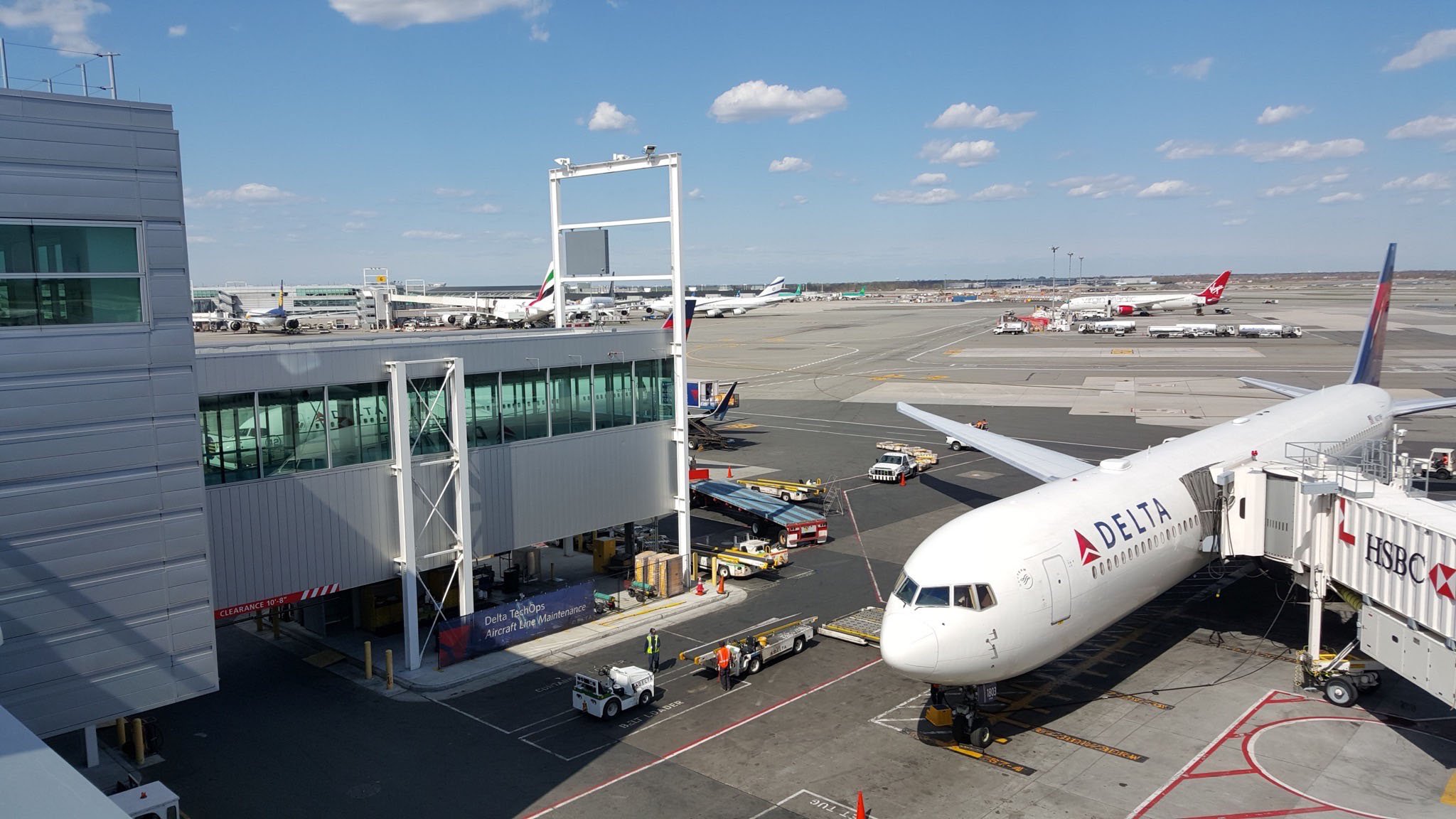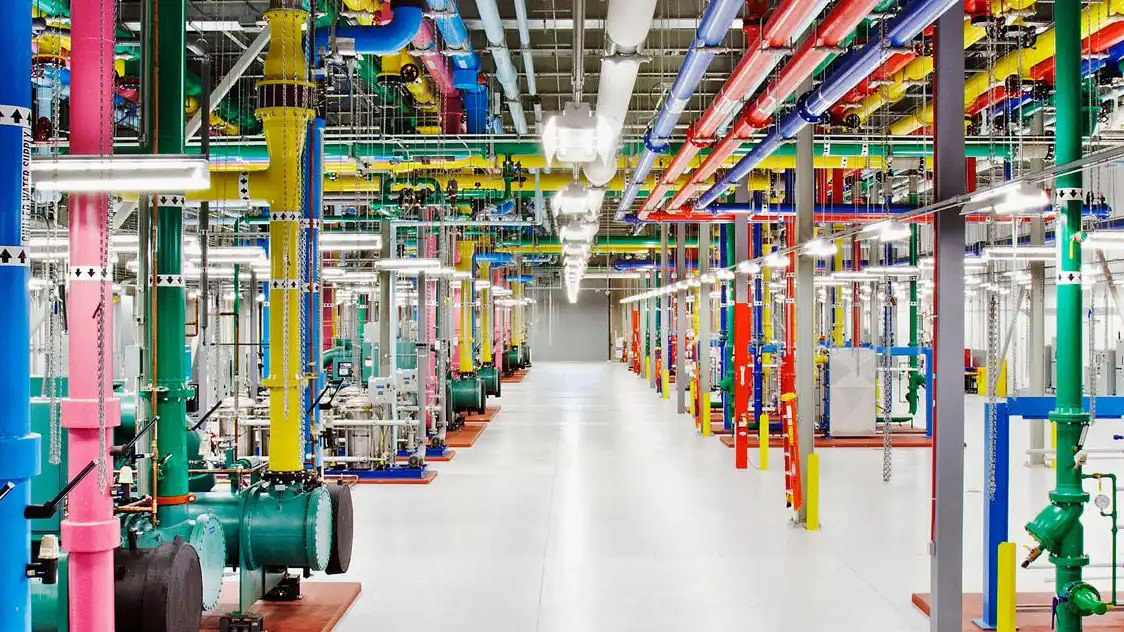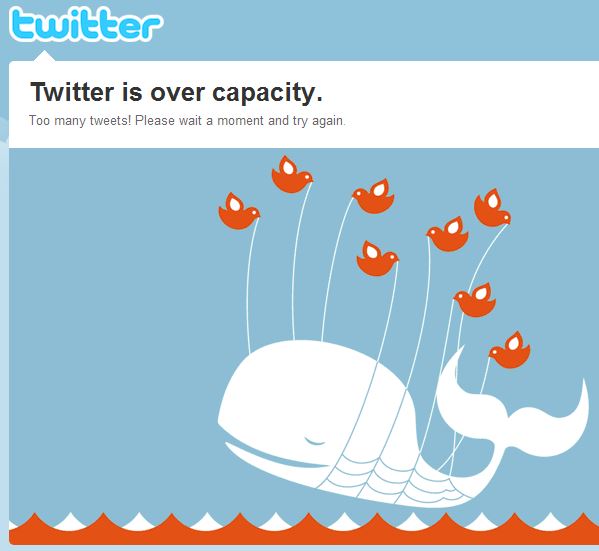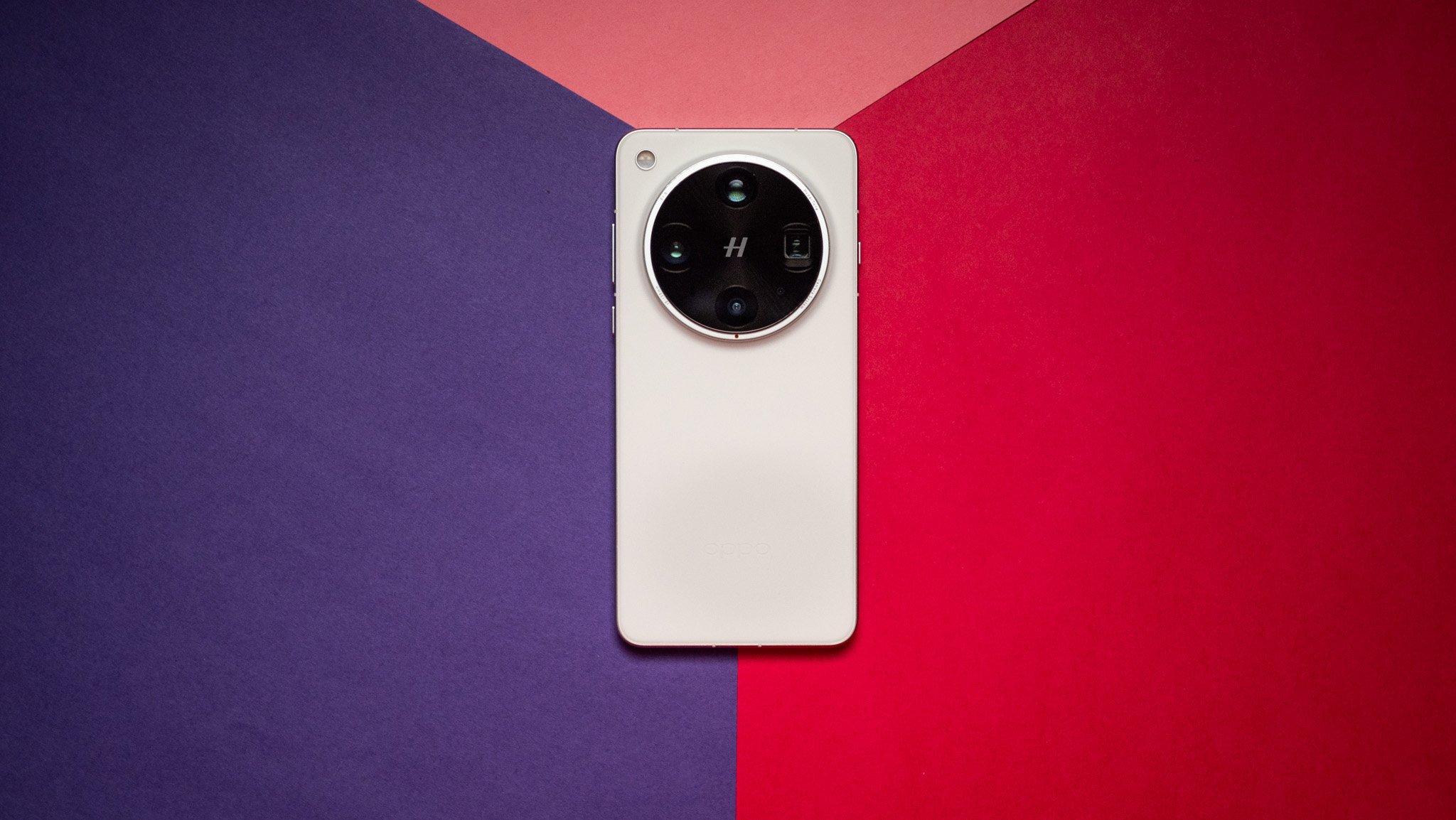Technology is a fragile machine that seems to power everything
Until it breaks.

This past week we have seen all U.S. flights grounded, people stuck on a cold dark Amtrak train for 29 hours, and every single third-party Twitter client stop working at the same time.
Obviously one of those things is direr than the others but they all share one thing in common — they were brought down because the technology behind them "broke". None of us should be surprised.
I'm not knocking the people responsible for keeping the well-oiled machinery well-oiled. I'm sure it is a difficult and mostly thankless job working behind the scenes making sure all the band-aids hold and nothing critical fails. But we have to realize that most of the time, technology is like a big Jenga tower where it only takes one wrong move.
You have experienced this firsthand, just like I have. Internet service providers go down. Phone carriers have outages. Instagram and every other service many people use and enjoy can randomly go on the fritz and always will be prone to random outages. Usually, they are quickly fixed. Usually.
We hate being inconvenienced by any and all of this. When WhatsApp or Twitter go down, tech websites like Android Central get flooded with reports of problems so we can get the word out, so I know how much people hate when the software or service they want to use stops working, even for a little bit.
What many of us — I'm often guilty here, too —forget is how complicated even the simplest thing can be. We're about to record our weekly podcast. This depends on four different services working on our individual computers and one cloud-based communication service performing as expected. When it comes time to edit it, those services must also work correctly. Finally, the service you use to listen to it and the way you access the internet need to just work. One bug in the system means it all grinds to a halt.

If something as simple as recording an hour-long podcast can depend on so much technology, imagine what it takes to keep the airline industry up and running. Systems to power the front end so you can get a flight, methods to keep track of where the planes are so the right one is in the right place at the right time, techniques to keep track of passenger luggage, and so on and so on need to all work flawlessly.
Be an expert in 5 minutes
Get the latest news from Android Central, your trusted companion in the world of Android
All of this, as well as critical tech that keeps planes in the air and passengers safe — depends on servers, software, and people. When one piece of this technological puzzle is missing, everything has to stop until it's "fixed". Redundancy, where you have backups of critical pieces of infrastructure running in case one goes kaput, helps and is in place but sometimes it's not enough and you have flights stuck on the ground for 12 hours or people stuck on a train because a train on another track is broken down, or even broken APIs that kill third-party Twitter clients all at once.

It's easy, and often fun, to blame someone. The FAA systems failed? Mayor Pete did it. Are all Twitter clients broken? Elon must have fired someone again. Does Instagram have an outage? Robot Zuckerberg needs unplugged and then plugged back in. Really, though, that's not how any of it works.
Yes, Secretary Buttigieg could have tried to sabotage the airline industry, but we all know he didn't. Musk has found creative ways to save Twitter money so maybe he's killing third-party access. That's possible but very unlikely. Zuckerberg probably needs a reboot every now and then so kill-all-humans mode doesn't get activated but that's not how you fix Instagram.
We we're seeing it just how it is. If it seems to be getting worse, it's because we use more services that depend on complicated tech and every mistake is amplified to the nth degree by tech websites and users.
Your cable has always had outages. Your carrier has always had glitches. Twitter has always had a big blue whale. Even the FAA has grounded aircraft due to tech issues before. It will keep happening and the one thing technology can't fix is keeping technology from breaking down and needing to be rebooted, repaired, or replaced.
This isn't really a problem and there are systems in place to keep it that way. Whether those be safety policies like what we saw with the FAA or server redundancy so WhatsApp can be back and running as soon as possible, the people building the 21st century know the house of cards can fall and plan for it. But it sucks when it happens at a time when you want to play on your phone or do something productive.
I'm sure ways to fix the tech when it breaks are part of the move to implement it in the first place. If not, ChatGPT can tell us how to fix it I'll bet.

Jerry is an amateur woodworker and struggling shade tree mechanic. There's nothing he can't take apart, but many things he can't reassemble. You'll find him writing and speaking his loud opinion on Android Central and occasionally on Threads.
